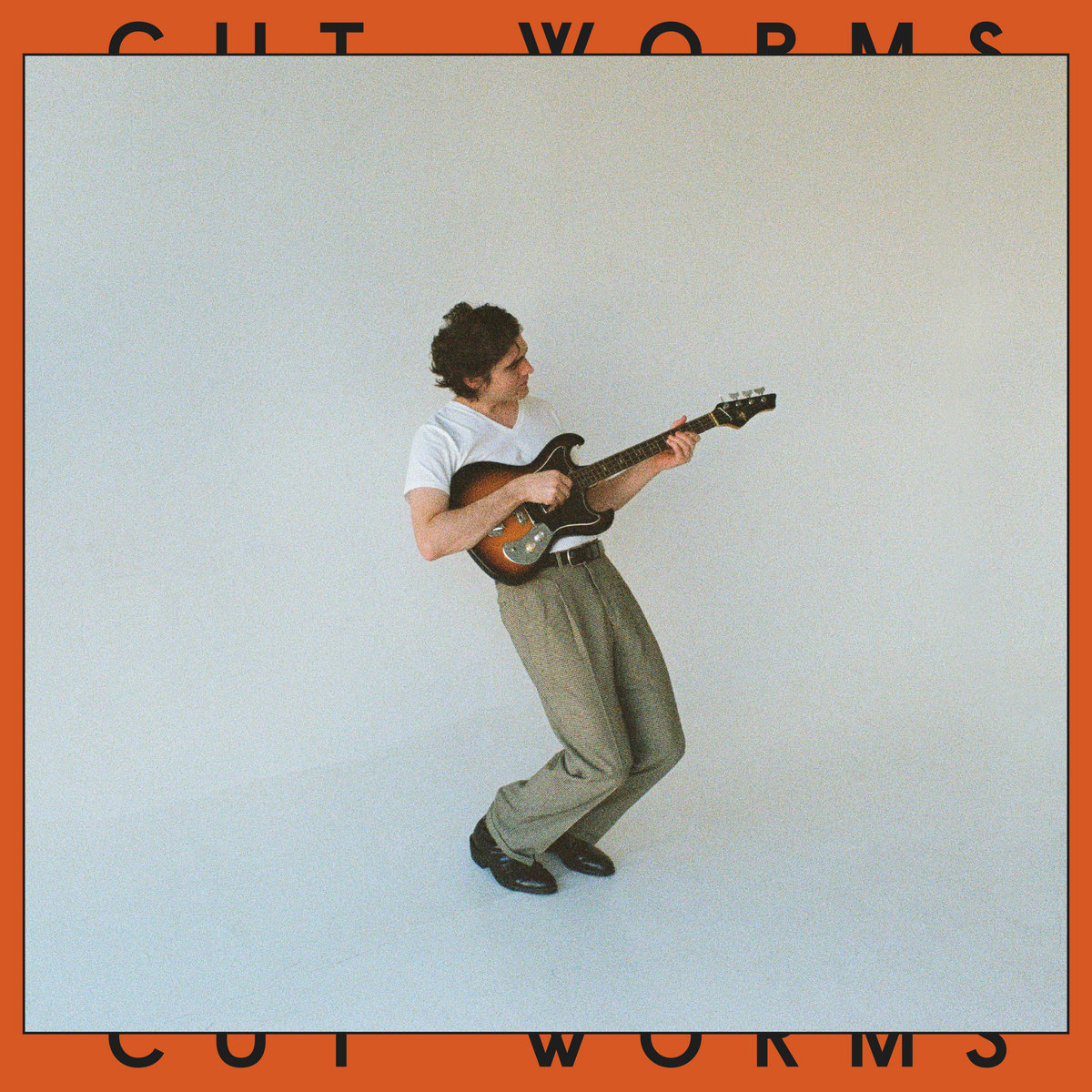Cut Worms
Cut Worms
JAGJAGUWAR
It seems sort of impossible that Max Clarke’s self-titled album as Cut Worms is being dropped into a world rife with iPhones and AI. On his latest release, the Brooklyn-based artist blatantly rejects modernity in favor of tradition, opting for starry-eyed ballads that sound straight out of the ’60s and swooning soft rock. Drawing on the doctrine of “pop-essentialism,” Clarke combines the larger-than-life lore of yesteryear smash hits and forgotten bargain-bin gems to craft a record that’s retro yet refreshing. He taps into tropes that have captivated crooners for decades, from the suffocating crush at the center of “Living Inside” to the spontaneous desire for a night out on “Let’s Go Out on the Town.”
It’s a familiar story, sure, and it’s a cast of characters that Clarke previously explored on 2020’s Nobody Lives Here Anymore—but it doesn’t feel redundant. He manages to bring both the sheen of innocence and the skills drawn from experience to nine songs steeped in the same endearing hand-me-down enchantment as fairy tales. There’s a reason these narratives have such a cultural staying power, appearing again and again in different forms but never failing to entrance us. In this case, Clarke employs heart-fluttering lyrics on “Is It Magic?” and Beach Boys–inspired bells on “Use Your Love! (Right Now)” to evoke the butterfly feeling that remains timeless.
His alt-country opus manages to tap into our collective memory in a way that makes you feel connected to the flushed-cheeked courtship of albums like Please Please Me while maintaining the signature Cut Worms charm that saves it from being condemned as a cheap copycat. While Clarke may be asking age-old questions on his self-titled, he seeks out his own seismic and spellbinding answers.







